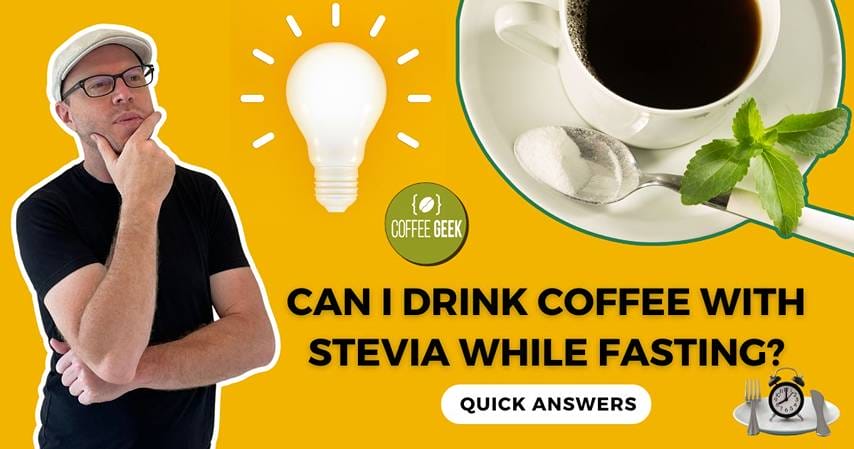Intermittent fasting has gained popularity in recent years due to its potential health benefits like weight loss, increased metabolism, and improved insulin sensitivity.
For those following this diet regimen, understanding what is acceptable to consume during fasting periods is crucial to maintain its effectiveness. Can I drink coffee with stevia while fasting?
Coffee, a staple in many people’s daily routines, can be a point of confusion for those practicing intermittent fasting, especially when sweeteners such as stevia are involved.
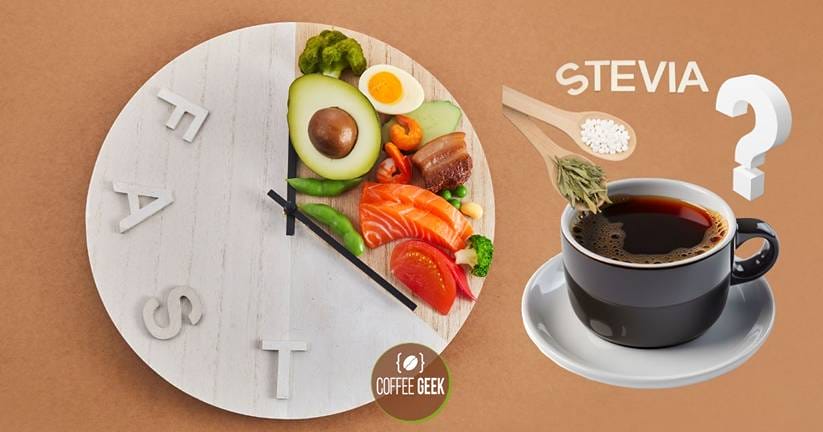
Stevia, a natural sweetener derived from the leaves of the Stevia rebaudiana plant, has become a popular sugar substitute due to its zero-calorie content and limited impact on blood sugar levels.
It is common for people to wonder if adding stevia to their coffee may break their fast and impact the results of intermittent fasting.
Key Takeaways
- Coffee with stevia can be consumed during intermittent fasting without breaking the fast
- Stevia has minimal impact on blood sugar and insulin levels
- Moderation is important: excess consumption of stevia may cause potential side effects
Understanding Fasting
Intermittent Fasting
Intermittent fasting is an eating pattern in which you cycle between periods of eating and fasting.
It is a popular approach for those looking to lose weight, improve overall health, and promote cellular repair, such as through the process of autophagy.
With intermittent fasting, you choose a specific time window during which you consume all your daily calories.
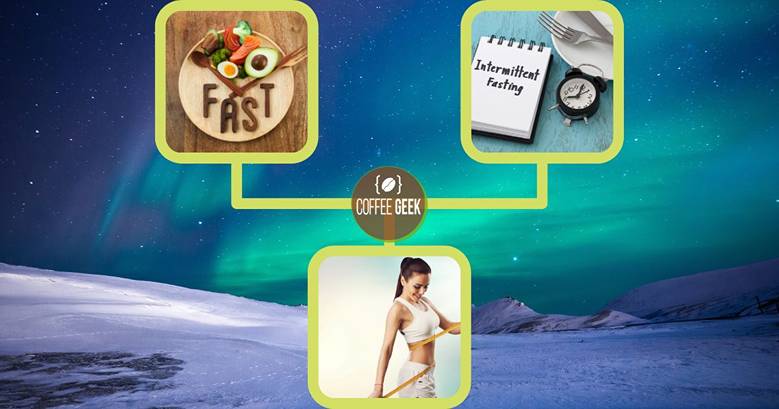
Fasting Window
During the fasting window, you abstain from calorie consumption. This can range from short periods like 12 hours to longer durations, like 24 hours or more.
During this time, you can still drink water, black coffee, and unsweetened tea to help manage hunger and support hydration.
Adding stevia to coffee while fasting may raise some concerns, as it is an artificial sweetener.
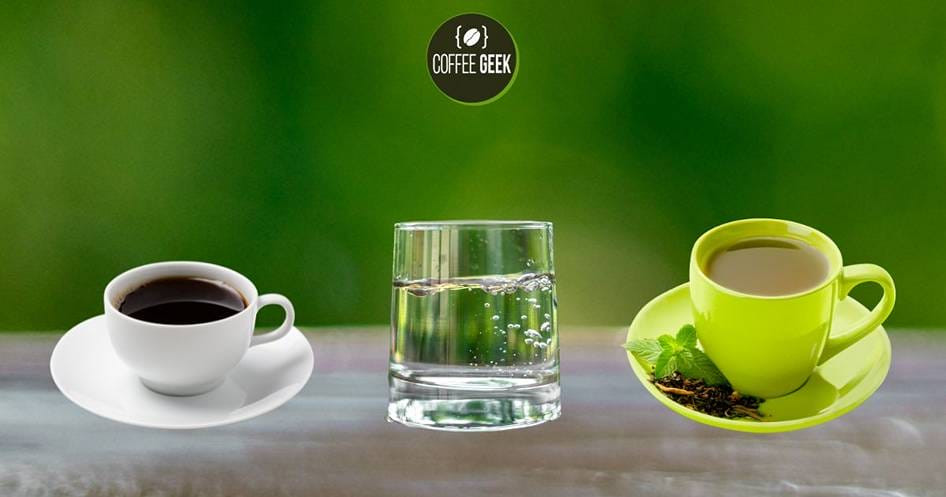
However, stevia does not contain calories and is deemed unlikely to cause significant metabolic changes, so moderate intake should be acceptable during your fasting window.
Metabolic Changes
When you’re fasting, your body experiences various metabolic changes.
One of the main processes triggered during fasting is autophagy, a cellular self-cleaning mode that removes damaged cells and generates new, healthy ones.
Metabolic changes are crucial for the benefits of fasting, and consuming substances that may alter these processes could potentially hinder your fasting goals.
Health Benefits
The health benefits of fasting, particularly intermittent fasting, are numerous. Some of these benefits include weight loss, improved insulin sensitivity, enhanced mental focus, and cellular repair.
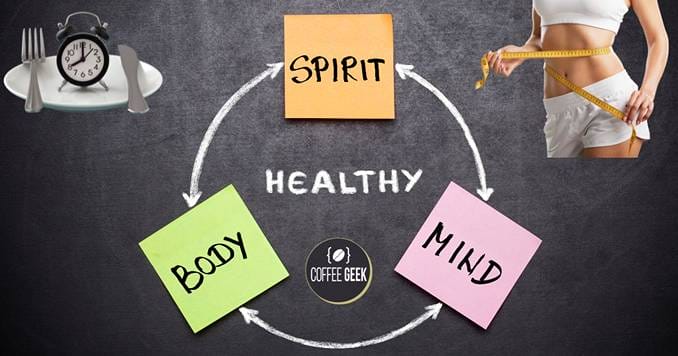
Maintaining a clean fasting window is essential for reaping these benefits, so it’s important to be cautious when adding anything to your coffee or tea that could potentially interfere with your fast.
Remember, while moderate intake of stevia should not significantly impact your fasting goals, it’s always good to listen to your body, stay informed, and adjust if needed.
Beverages during Fasting
Water
During a fast, it is essential to stay hydrated. Drinking an adequate amount of water will help maintain your body’s functions and prevent dehydration.
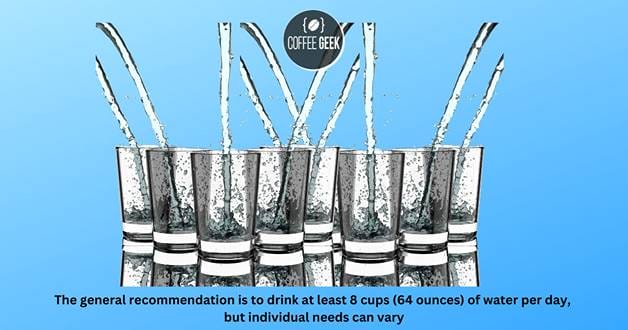
The general recommendation is to drink at least 8 cups (64 ounces) of water per day, but individual needs can vary. You may require more water based on your body size, activity level, and climate.
Coffee
Coffee can be consumed during fasting, but it’s essential to drink it black.
Adding milk, sugar, or sweeteners, such as stevia, could break your fast. Black coffee has minimal calories and won’t disrupt the fasting process.
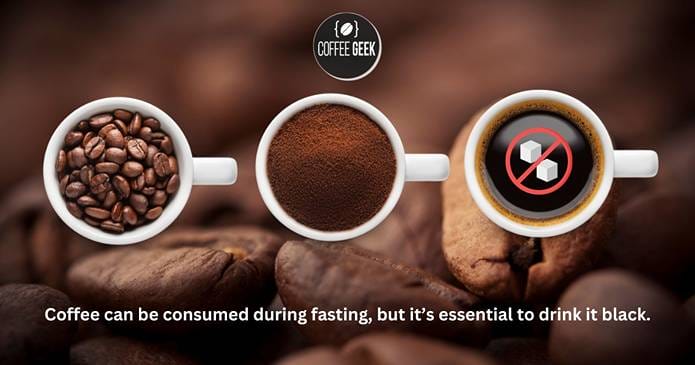
Additionally, it has a thermogenic effect on your body, increasing your metabolism and possibly aiding in weight loss.
However, keep in mind that excessive coffee consumption may lead to increased levels of stress or sleep disturbances.
Tea
Tea is another acceptable beverage to consume while fasting. Just like with coffee, it’s crucial to drink tea without any added sugars, milk, or sweeteners.
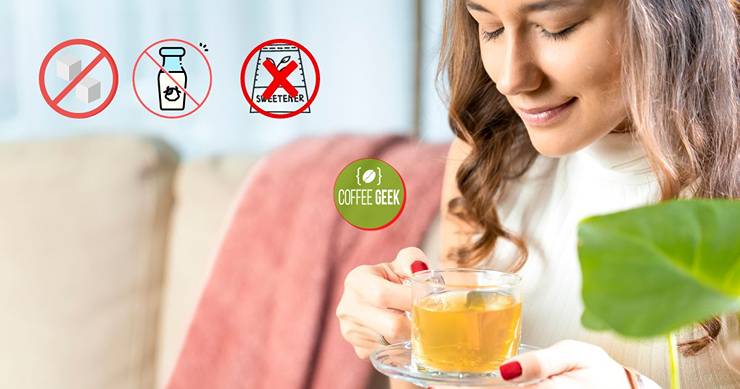
You can choose from a wide variety of teas, such as green tea, black tea, or herbal tea, depending on your personal preference. Some teas, like green tea, have antioxidant properties that may offer health benefits while fasting.
Effects of Coffee during Fasting
Caffeine and Energy Levels
During fasting, drinking coffee can affect your energy levels, mainly due to its caffeine content. Caffeine stimulates the central nervous system and enhances mental focus and alertness.
This can be useful when you’re fasting, as it helps to combat the natural dip in energy levels that may occur.
Additionally, caffeine can support an increased metabolism, which may promote weight loss and boost the results of your fast.
Impact on Appetite and Cravings
Coffee’s impact on appetite and cravings during fasting can be beneficial, as it has been suggested to suppress appetite. This can help you manage your hunger until it’s time to break your fast, making it easier for you to stick to your fasting regimen.
Furthermore, some studies have observed that caffeine can enhance insulin sensitivity and potentially reduce the risk of type 2 diabetes, promoting better brain health.
However, it’s important to note that the effects of coffee on appetite, cravings, and insulin sensitivity can vary between individuals, so it’s essential to pay attention to your body and adjust your consumption accordingly.
In conclusion, coffee consumption during fasting can have both positive and negative effects on your energy levels, appetite, cravings, and insulin sensitivity.
Be mindful of how your body reacts to coffee during your fast and make adjustments accordingly to maximize the benefits and minimize any potential negative effects.
Stevia as a Sweetener
What is Stevia?
Stevia is a natural sweetener derived from the leaves of the Stevia plant – rebaudiana. As a sugar substitute, it can be up to 300 times sweeter than regular sugar.
It has gained popularity due to its zero-calorie content and minimal impact on blood sugar levels.
Stevia can be found in various forms, such as powder or liquid stevia, and is commonly used to sweeten foods and beverages, including coffee while fasting.
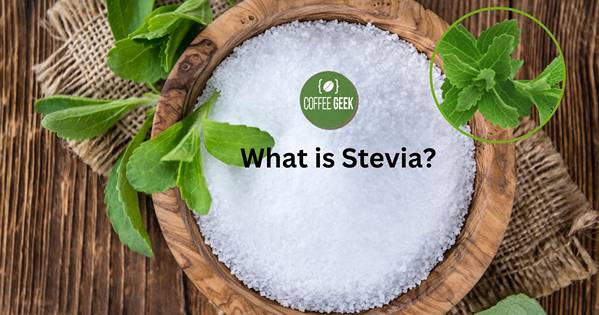
Natural Sweetener Vs. Artificial Sweeteners
Natural and artificial sweeteners can both serve as sugar substitutes, but they have different sources, characteristics, and effects on your health.
Natural Sweeteners:
- Stevia: As mentioned earlier, pure stevia is a zero-calorie, plant-based sweetener. It does not cause an insulin response, making it a safe option for fasting and low-carb diets.
- Monk Fruit Sweetener: This is another plant-based, zero-calorie sweetener derived from the monk fruit. It is typically combined with other natural sweeteners like erythritol to reduce its intensity and improve taste.
- Erythritol: This sugar alcohols originates from fermented fruits and vegetables. It contains fewer calories than sugar and has minimal impact on blood sugar levels, making it a suitable option for those watching their sugar intake.
Artificial Sweeteners:
- Aspartame: One of the most common artificial sweeteners, aspartame is a low-calorie option used in various food and beverage products. However, some people report sensitivity or adverse effects from its consumption.
- Xylitol: A sugar alcohols similar to erythritol, but xylitol is chemically produced. It provides fewer calories than sugar but may cause digestive issues if consumed in large quantities.
When choosing a sweetener, consider factors such as calorie intake content, impact on blood sugar, and individual health concerns, ensuring the best choice for you and your fasting journey.
| Aspect | Can I Drink Coffee with Stevia While Fasting? |
|---|---|
| Definition of Fasting | Depends on the type of fasting: 1. Water Fasting: No 2. Intermittent Fasting: Usually, yes, but check your specific plan. 3. Other Fasting Methods: Check your guidelines. |
| Stevia | Stevia is a zero-calorie, natural sweetener derived from a plant. It doesn’t significantly impact blood sugar levels. |
| Effect on Autophagy | Stevia is unlikely to interfere with autophagy, a cellular cleansing process during fasting. |
| Impact on Insulin | Stevia generally doesn’t spike insulin levels, making it compatible with some fasting methods. |
| Personal Sensitivity | Individual responses may vary; some people might experience cravings with sweet flavors, even if it’s calorie-free. |
| Breaking Fast Signals | Adding stevia to coffee may trigger your body to prepare for food intake, potentially breaking the fasted state. |
| Weight Loss Goals | If your primary goal is weight loss, stevia in coffee may not substantially hinder your progress. |
| Mental and Physical Energy | Coffee with stevia can provide a mild energy boost during fasting. |
| Hydration | Coffee is diuretic; ensure you also drink water to stay hydrated during fasting. |
| Alternatives | Some fasting methods allow for black coffee or herbal tea without sweeteners. Check your specific plan. |
| Consult a Professional | If you have medical conditions, consult a healthcare provider or nutritionist for fasting guidance. |
Can I Drink Coffee with Stevia While Fasting?
Blood Glucose Levels and Insulin Response
When you are fasting, your main objective is to keep the levels of insulin as low as possible to optimize the benefits of intermittent fasting.
Powder or liquid Stevia is a zero-calories sweetener, derived from a natural source, and does not significantly impact blood sugar levels.
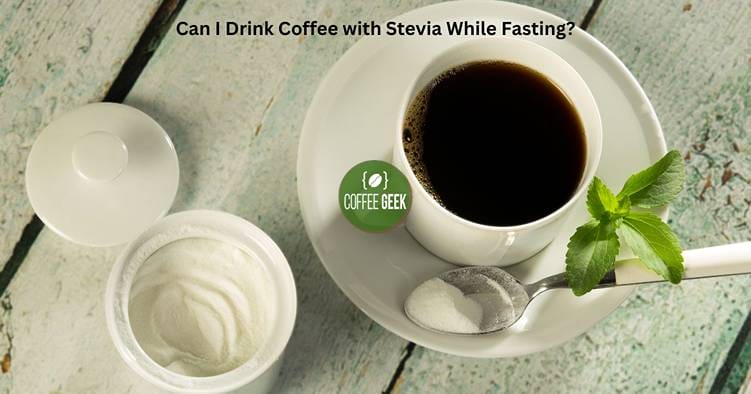
If you add stevia in your coffee during fasting may not be as detrimental to blood sugar levels as consuming other sweeteners with calories, carbs, or higher glycemic indices.
However, it’s essential to monitor your blood glucose metabolism levels to ensure minimal effects on insulin response while fasting.
Zero-calorie sweeteners and Metabolism
While stevia contains zero calories and does not directly contribute to energy intake, it’s crucial to understand how it can potentially affect your metabolism during fasting.
Although there is no concrete evidence suggesting that pure stevia break fasting, it still could trigger an insulin response for some individuals, potentially affecting their fasting benefits.
In summary, drinking coffee with stevia while fasting can be acceptable for some people, especially if the sweetener does not significantly impact blood sugar and levels of insulin.
However, it’s important to acknowledge individual differences, and you should monitor your body’s reaction to determine if it’s suitable for you during your fasting period.
Considerations and Potential Side Effects
Quality of Stevia Products
When choosing to consume stevia products to sweeten your coffee while fasting, it’s essential to select a high-quality product.
Some stevia brands may contain added sugars, fillers like dextrose or maltodextrin, or other additives that can disrupt your fasting state.
Opt for a pure stevia extract to ensure you’re not consuming additional calories or carbohydrates during your fasting period.
Caffeine Sensitivity
If you have a sensitivity to caffeine or experience side effects such as increased anxiety or restlessness after you drink coffee, be mindful of how the combination of coffee and stevia affects you.
Caffeine can also act as a diuretic, which may cause dehydration if not managed properly.
While fasting, it’s essential to maintain proper hydration levels, so consider drinking plain water alongside your coffee to counteract these potential challenges.
Diabetes
For individuals with diabetes or at risk for developing type 2 diabetes, it’s crucial to monitor your caloric intake and increase blood sugar levels closely.
Although stevia is a natural sweetener that doesn’t contribute to blood glucose spikes, its potential impact on insulin levels is unclear.
If you have diabetes, consult with your healthcare professional before incorporating, consume stevia-sweetened coffee into your fasting regimen.
In summary, when using pure stevia in coffee while fasting, consider the quality of the product you choose, your personal sensitivity to caffeine, and the potential impact on diabetes management.
Make informed decisions about your health and caloric intake to minimize any potential side effects and maximize the benefits of both coffee and consuming stevia during your fasting experience.
Frequently Asked Questions
Does stevia in coffee affect intermittent fasting?
Stevia, a natural calorie-free sweetener, generally does not break a fast when used in moderation in your morning coffee.
The absence of impact on insulin and blood sugar levels means that it should not interfere with your fasting efforts.
However, always opt for black coffee or a calorie-free creamer to ensure you remain in a fasting state.
Can I use sweeteners like monk fruit during fasting?
Similar to stevia, a monk is a natural, calorie-free sweetener. As it also doesn’t impact blood sugar or insulin levels, it should not break a fast.
However, some products may contain other sweeteners or additives that affect blood sugar, so always check the label and opt for pure monk fruit extract.
Will artificial sweeteners like Splenda break a fast?
Artificial sweeteners like Splenda (sucralose) may not have calories, but will consuming Stevia break fasting is debatable.
Some studies suggest they may stimulate insulin production, potentially breaking your fast.
To stay on the safe side, it might be best to opt for natural sweeteners like stevia or monk fruit during fasting.
Does stevia interfere with autophagy during fasting?
Autophagy is a cellular cleansing process that occurs during fasting.
While there isn’t much research on the direct impact of stevia on autophagy, it is unlikely to interfere considerably because of its calorie-free and low glycemic index nature.
However, to maximize the benefits of fasting and autophagy, it’s best to limit any additives to your beverage’s calorie intake.
Can I drink tea with sweeteners while fasting?
Drinking tea during fasting is acceptable, especially if it is unsweetened or contains calorie-free natural sweeteners like stevia or monk fruit. Be cautious with artificial sweeteners, as some may cause insulin responses.
Herbal, green, or black teas without additives are the best choices for supporting intermittent fasting efforts.
Does stevia cause an insulin spike during intermittent fasting?
Stevia is widely considered safe for intermittent fasting because it does not cause an insulin spike due to its low glycemic index.
This means that using stevia in moderation should not negatively impact your fasting results.

